How EVs are supercharging sports cars
Electric motors are defining the world of sports cars, with acceleration speeds that rival the likes of Formula One.
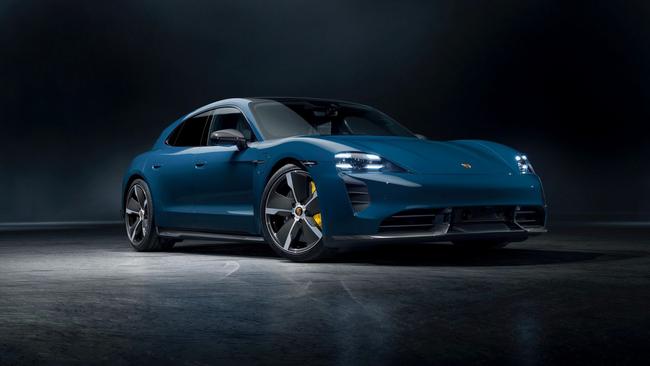
The car industry has found the performance limit for electric cars – the human body.
Acceleration has become one of the defining characteristics of modern electric cars, with the near-instant torque offered by electric motors unlocking a new wave of battery-powered sports cars.
The likes of the Audi RS E-Tron GT, Porsche Taycan Turbo and Rimac Nevera have demonstrated that the future of EVs isn’t just about using less petrol at the expense of driving enjoyment.
ELECTRIC VEHICLES SPECIAL REPORT
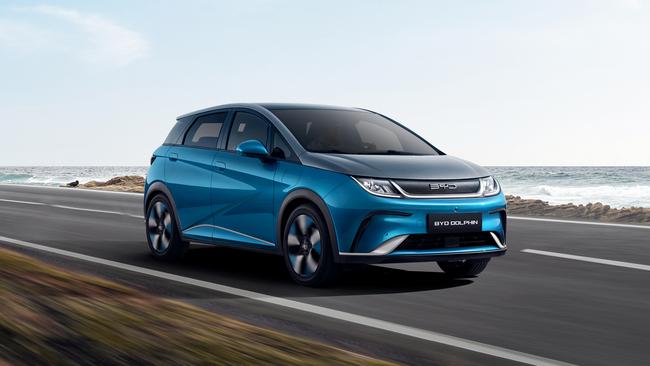
EVs get backing in Labor’s federal budget
The 2023 federal budget has been a landmark win for electric vehicle industry in Australia, but lobbyists say there is more to be done.

Cars get cheaper as key costs fall Cheaper cars as costs fall
The cost to buy an electric vehicle is beginning to come down, making EVs more accessible than ever, but what does this mean automotive brands?

Infrastructure a big budget winner
The 2023 budget included a huge win for EV infrastructure, with a national fast-charging network and an investment in alternative fuels on the forefront.

EVs are getting bigger and better
Large SUVs are loved by families around Australia, and the electric SUV market is expected to explode in response.
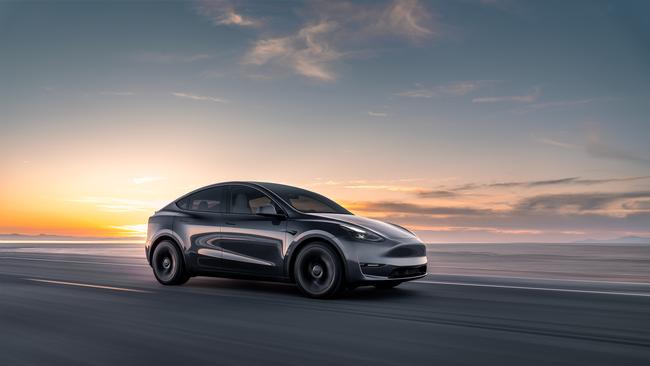
Luxury sits up high as sales boom
Electric vehicles are quickly becoming the favourite of the luxury buyer with 158 per cent boom in sales in the first quarter of the year.

Haters gonna hate but the market won’t stop moving
The electric vehicle market continues to boom, despite the naysayers.
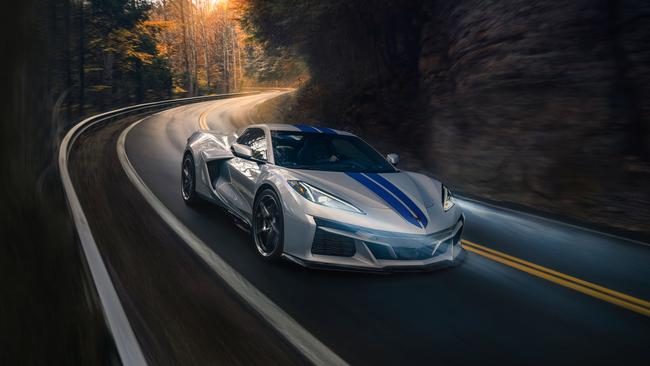
How EVs are changing sports cars
Electric motors are defining the world of sports cars, with acceleration speeds that rival the likes of Formula One.

Audi gets room to grow with new platform
Audi’s Premium Platform Electric (PPE) will support Audi to release 10 new EVs in two years as they move towards phasing out internal-combustion engines in 2027.

The ultimate buy guide for EVs
The world of EVs is expanding so quickly it can be hard to keep up, so here’s what to look for when buying an electric vehicle.
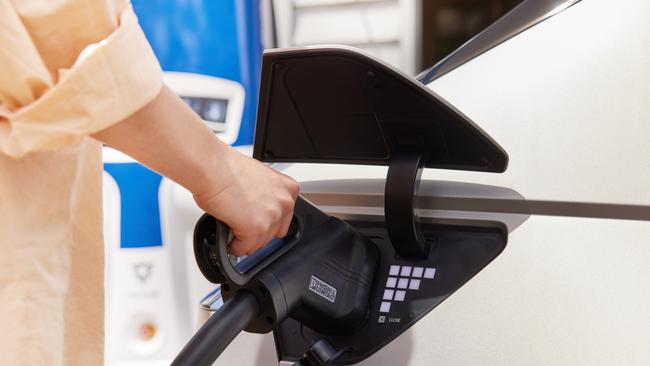
The eight must-know EV facts
EVs can make motoring simpler, but there is a learning curve that it pays to get on top of. Here are eight things you may not know about electric cars.

New laws to stop ‘ICE-blocking’
‘ICE-blocking’, parking a combustion-engined car in an electric-vehicle charging spot, will soon land you in hot water with states across Australia introducing huge fines.

Holiday hotspots due for a jolt
State governments are pouring hundreds of millions into EV infrastructure, it’s about time they look towards the holiday hotspots that are being inundated with EV owners.

Tesla downloads new revenue model in over-the-air upgrades
Tesla rolls out a new model that allows owners to buy upgrades directly from their vehicle’s centre dash screen in a bid to increase revenue.

Would this EV tempt to you buy a Saab again?
Saab is back. Well, as NEVS, and they’re returning with a stunning electric concept car, The Emily GT but they need investors to bring it to life.

Can battery metals be sourced sustainably?
What are the environmental costs behind sourcing the metals for the batteries that power our electric vehicles?

Oil use down as EVs rise
New research from the International Energy Agency has found that demand for oil is down as EVs become the driving force behind the new global energy economy.

Are EVs really cleaner? It depends where you live
Are electric vehicles really the answer to the rising CO2 rates? Or are they not as clean as we thought? Well it depends where you live.

‘Blade’ battery to cut range anxiety
Development of EV batteries is advancing everyday, with batteries capable of more than 1000km of driving on a single charge soon to be hitting the roads.

Does hard driving mean hard wearing?
If you love driving hard and fast, your next supercar should be an EV, as electric motors are designed to last the life of the vehicle.
It was arguably Tesla that started this trend, in 2015, releasing its so-called “Insane” acceleration mode, which unleashed the full potential of the electric motors in its Model S P85D. The result was a 0-60mph (96km/h) time of just 2.5 seconds, which made the five-seat sedan as fast as a supercar.
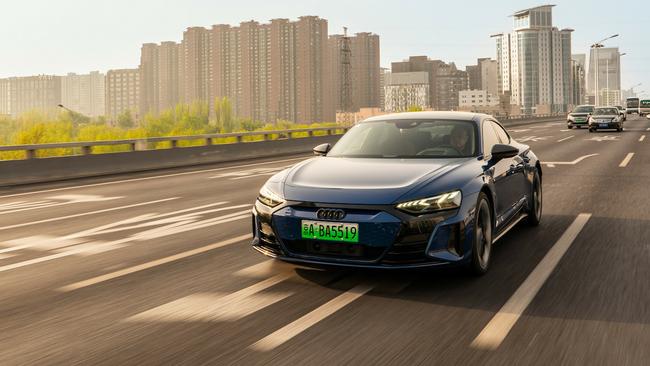
Since then, Tesla has introduced “Ludicrous” mode, and its latest, tri-motor powertrain, known as Plaid (a reference to Mel Brooks’ 1987 film, Spaceballs), has lowered that figure to just 1.9 seconds.
Elon Musk, Tesla’s headline-grabbing boss, has even claimed that the planned Tesla Roadster will be capable of launching from 0-60mph in just 1.1 seconds thanks to “SpaceX rocket thrusters” – although it’s worth noting that the Roadster concept was revealed in December 2017 and has not yet made any public progress towards production. While the Roadster remains a theoretical exercise, there are several real-life production electric performance cars that are rewriting people’s expectations of acceleration.
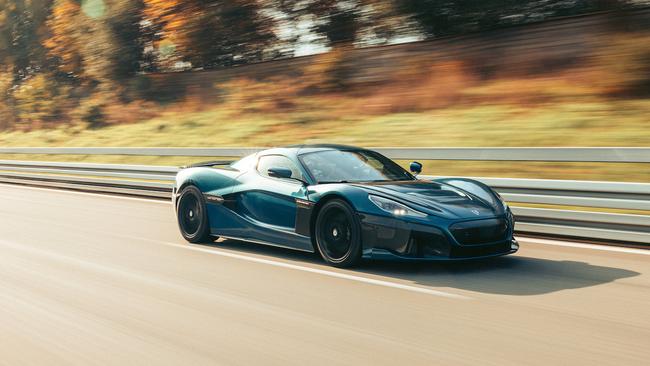
Croatian specialist Rimac has produced its alternative to the Tesla Roadster, the Nevera, and claims it launches from 0-100km/h in just 2.1 seconds, and manages 0-60mph in 1.9 seconds.
But all this performance may be pointless, because the cars are getting too fast for owners to enjoy them. For context, a Formula One racing car takes 2.6 seconds to run 0-100km/h, so these modern EV sports cars will out-run Max Verstappen and Lewis Hamilton.
According to famed Italian supercar maker, Lamborghini, this quest for faster acceleration may have reached its end game. Lamborghini recently introduced its first series-production hybrid supercar, the Revuelto, which combines a V12 petrol engine with three electric motors for a 2.5-second 0-100km/h time.
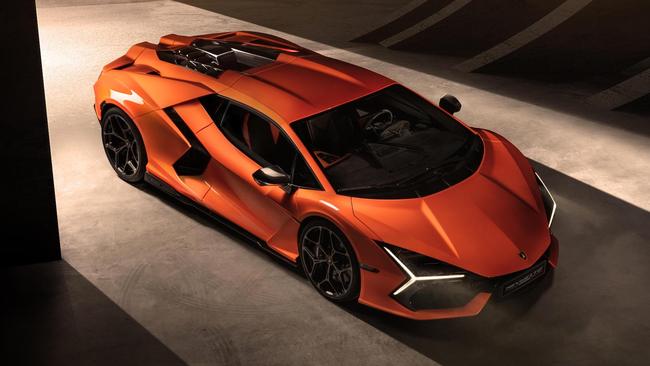
According to Tim Bravo, director of communications for Lamborghini, this is the limit buyers will accept for one simple reason – anything faster will make them sick.
“Today, with the change in technology, zero to 100km/h times are just not as important as they were,” Bravo says.
“It’s more about the handling and the feel and involvement that a car can give you, and also very much about being able to repeat performance.
“An electric car might be fast for one lap on a track, but after that the performance falls away, and that’s not good enough for a Lamborghini, so by going to hybrid we are making sure that the performance we offer is repeatable, and consistent.
“In terms of zero to 100km/h, with the new Revuelto, it will do it in 2.5 seconds, and we think that is fast enough.
“If you have cars that accelerate to 100km/h in under two seconds, it will genuinely make people feel sick. It’s not a good idea.”
So it’s likely the next wave of electric sports cars will put more onus on handling rather than pure acceleration. This new generation will include familiar names, with Ferrari and Lamborghini committed to building EVs before 2030.
Given Bravo’s comments, don’t expect the electric Lamborghini to run sub-2.0 second 0-100km/h times and be a darling of the drag strip.
Instead it will try to recreate the driving excitement of the brand’s petrol-powered supercars.
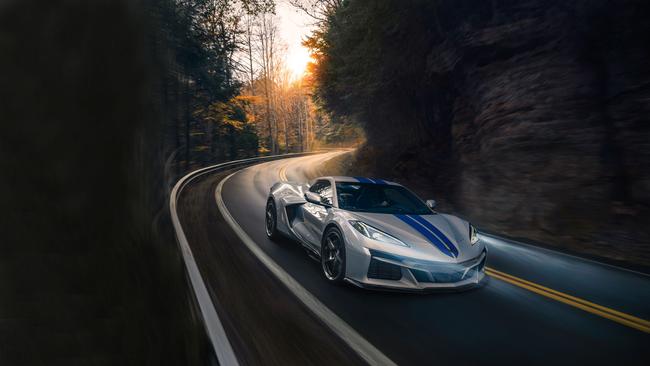
Another famous nameplate going electric is the Chevrolet Corvette. The American brand has already launched the E-Ray hybrid version, but a fully electric version is on the way.
And more will follow. As the car industry continues its gradual transition towards an electric future, quick 0-100km/h times will become commonplace and cease to have the same marketing impact. Instead, car makers will need to rely on the other attributes that define their brands in order to give customers the sports car experience they currently enjoy.
Or, they could try and accelerate even faster but offer carsick bags as standard equipment.

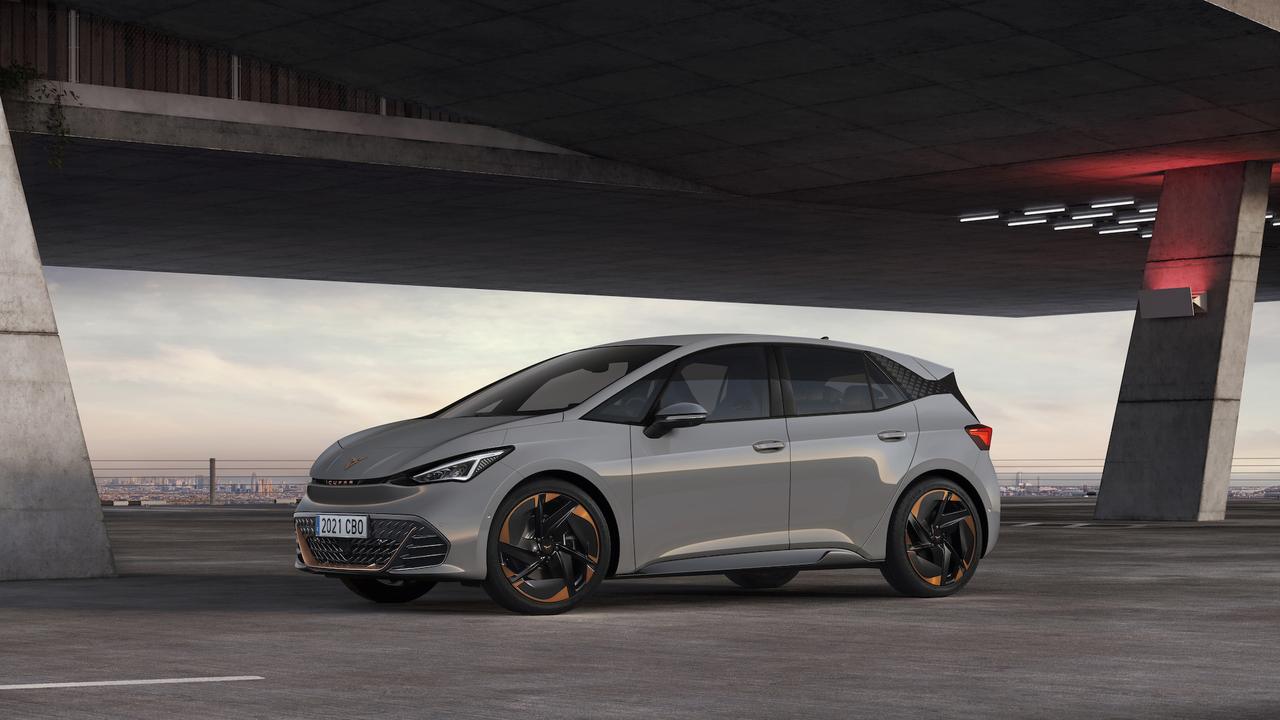

To join the conversation, please log in. Don't have an account? Register
Join the conversation, you are commenting as Logout